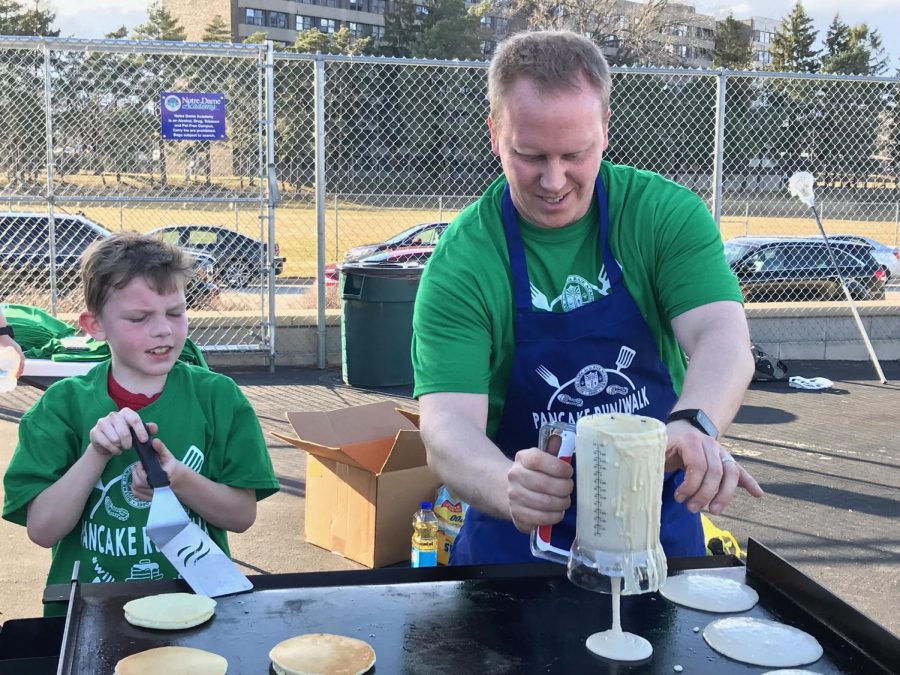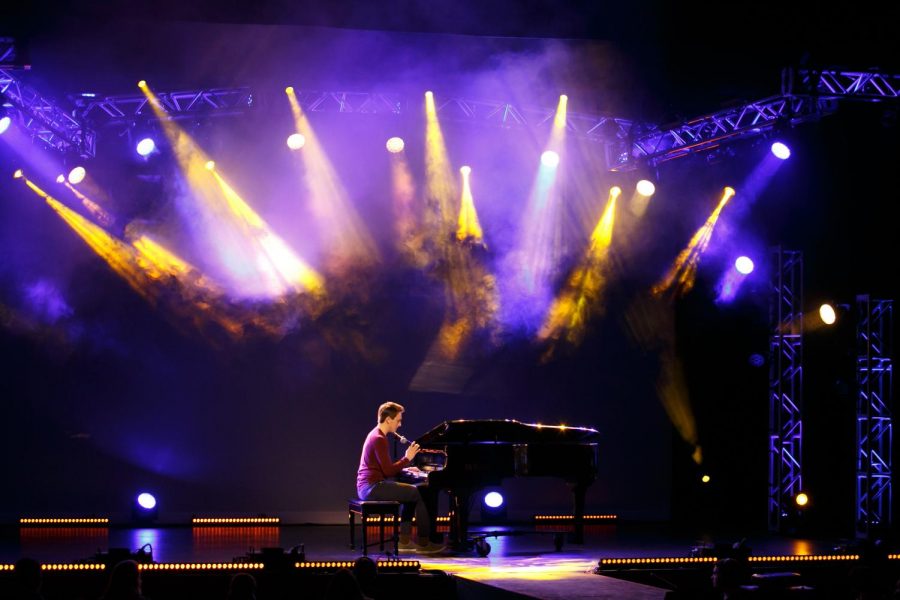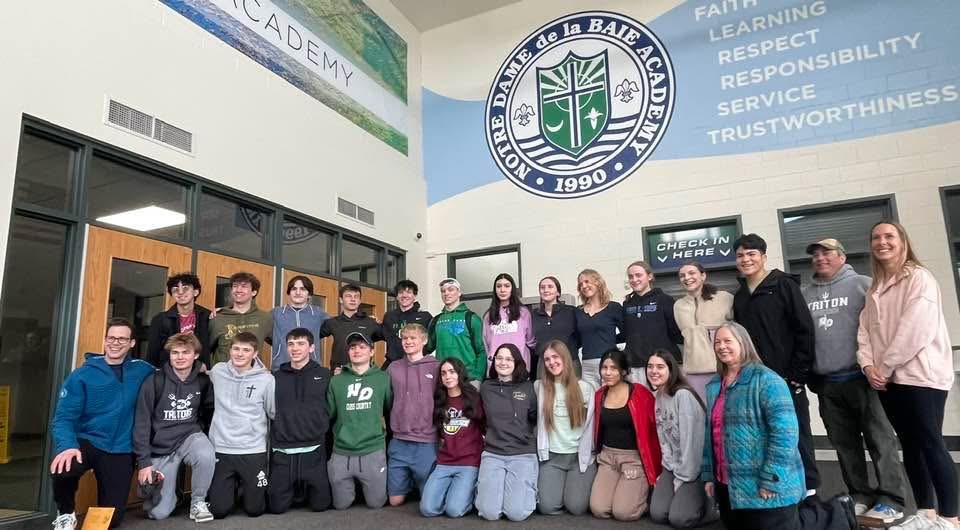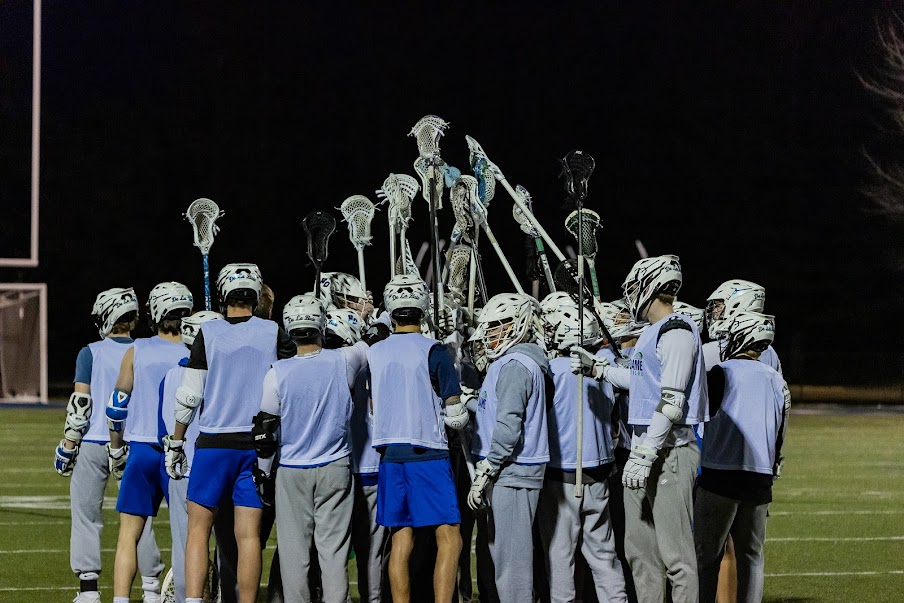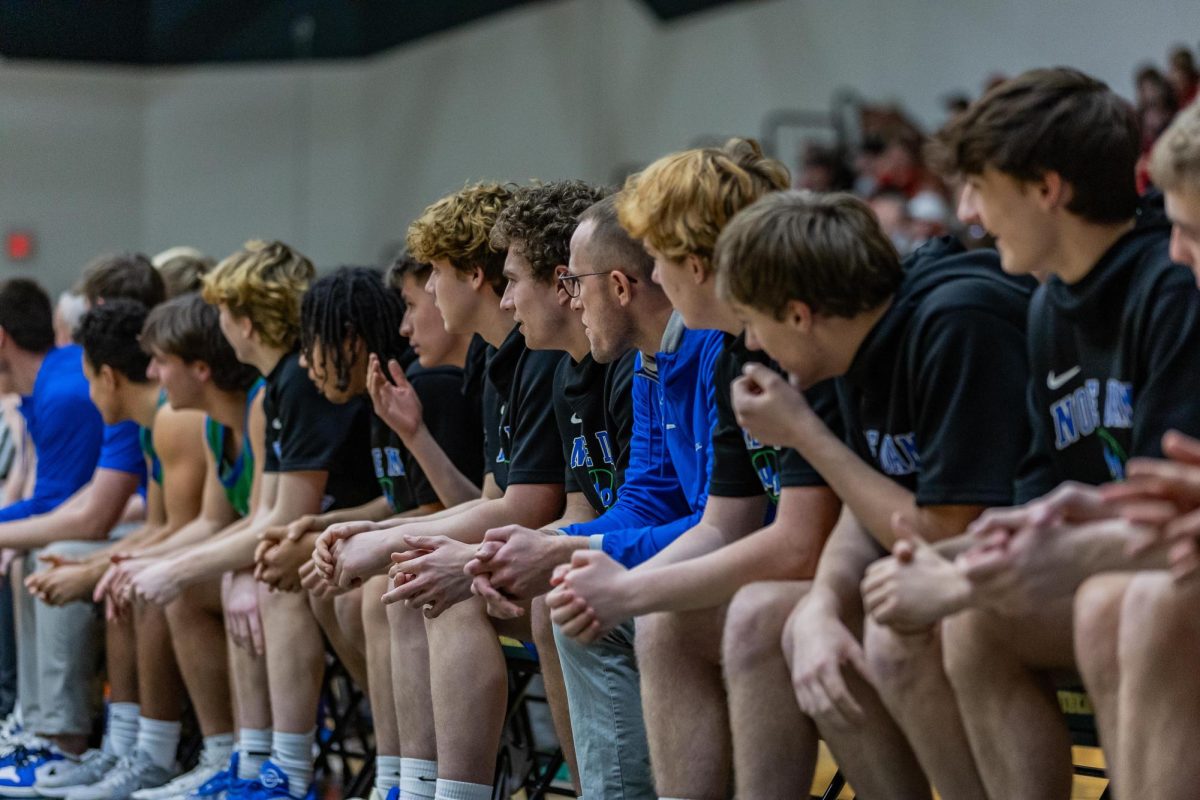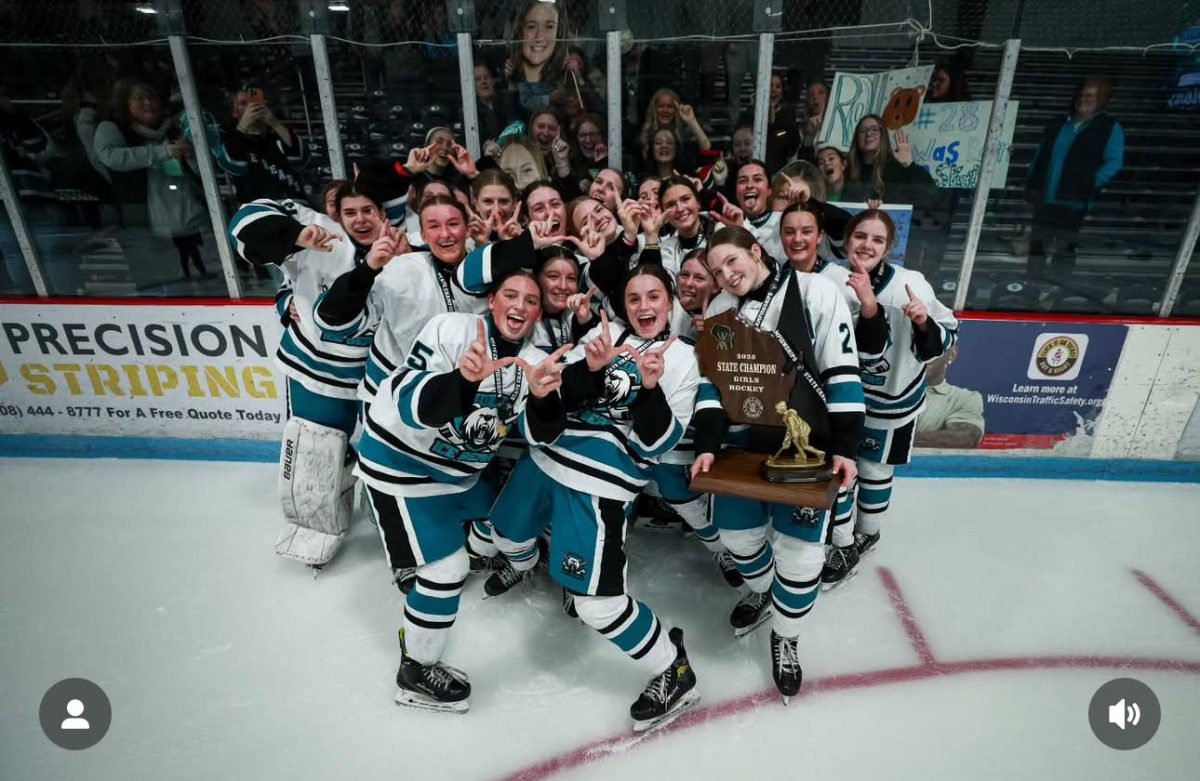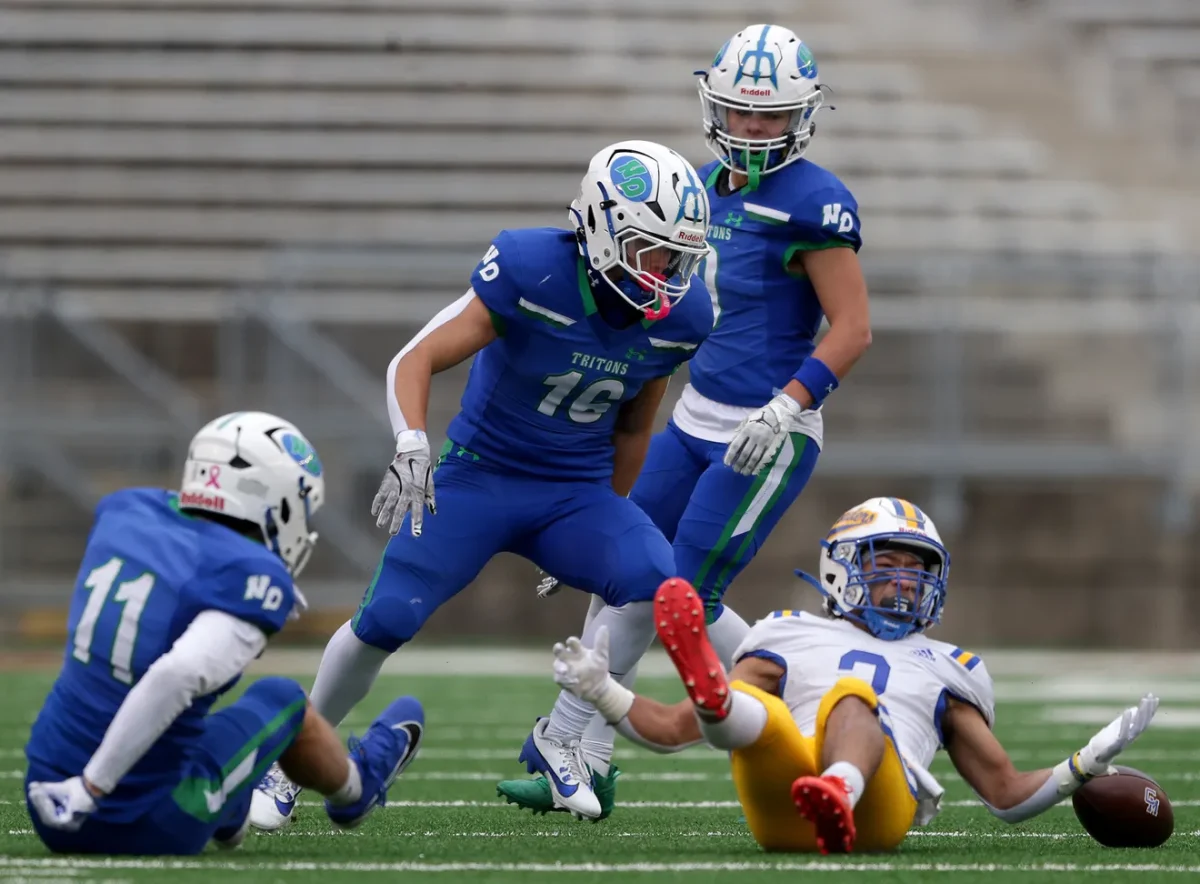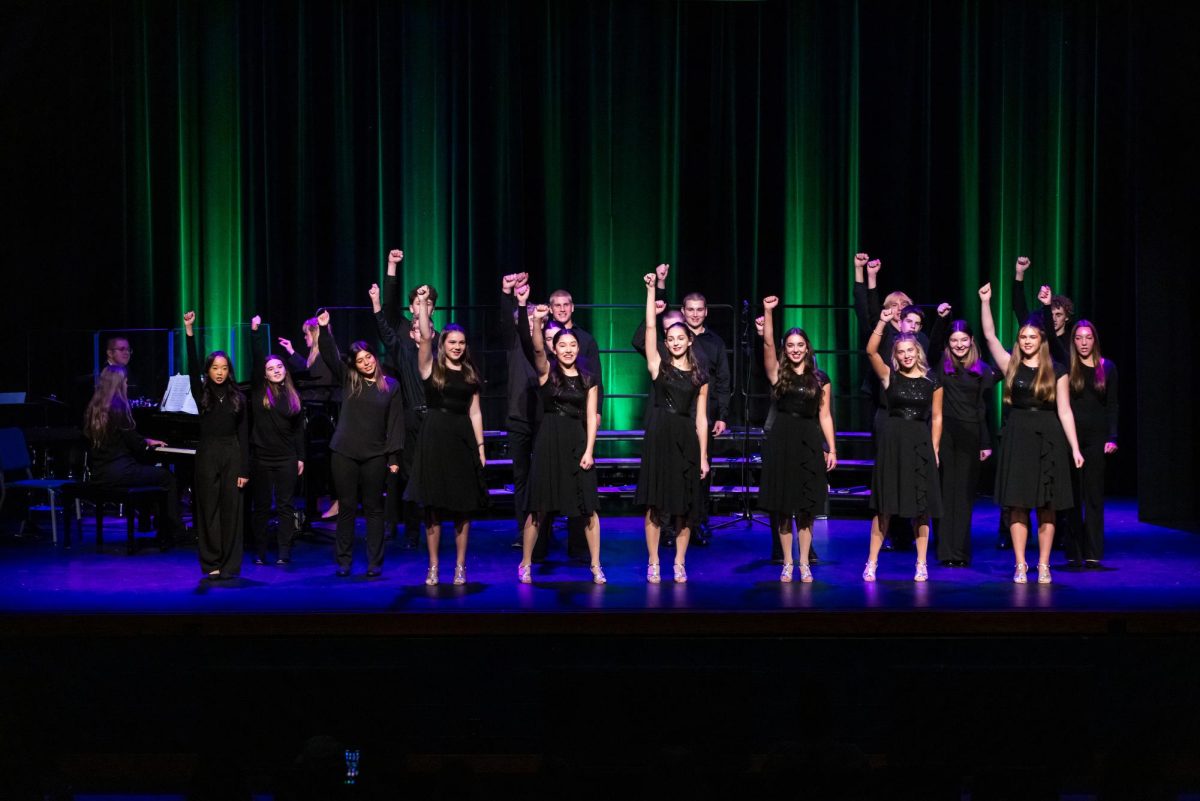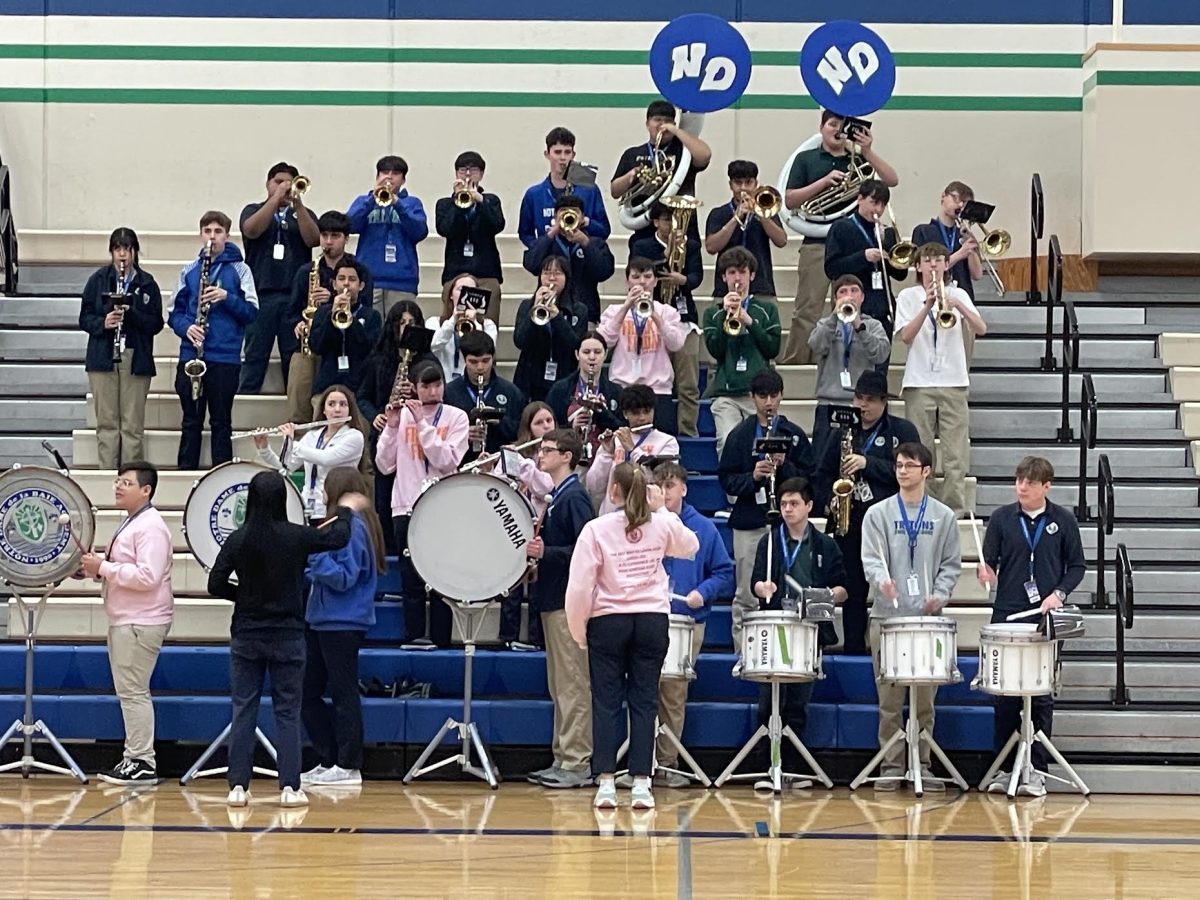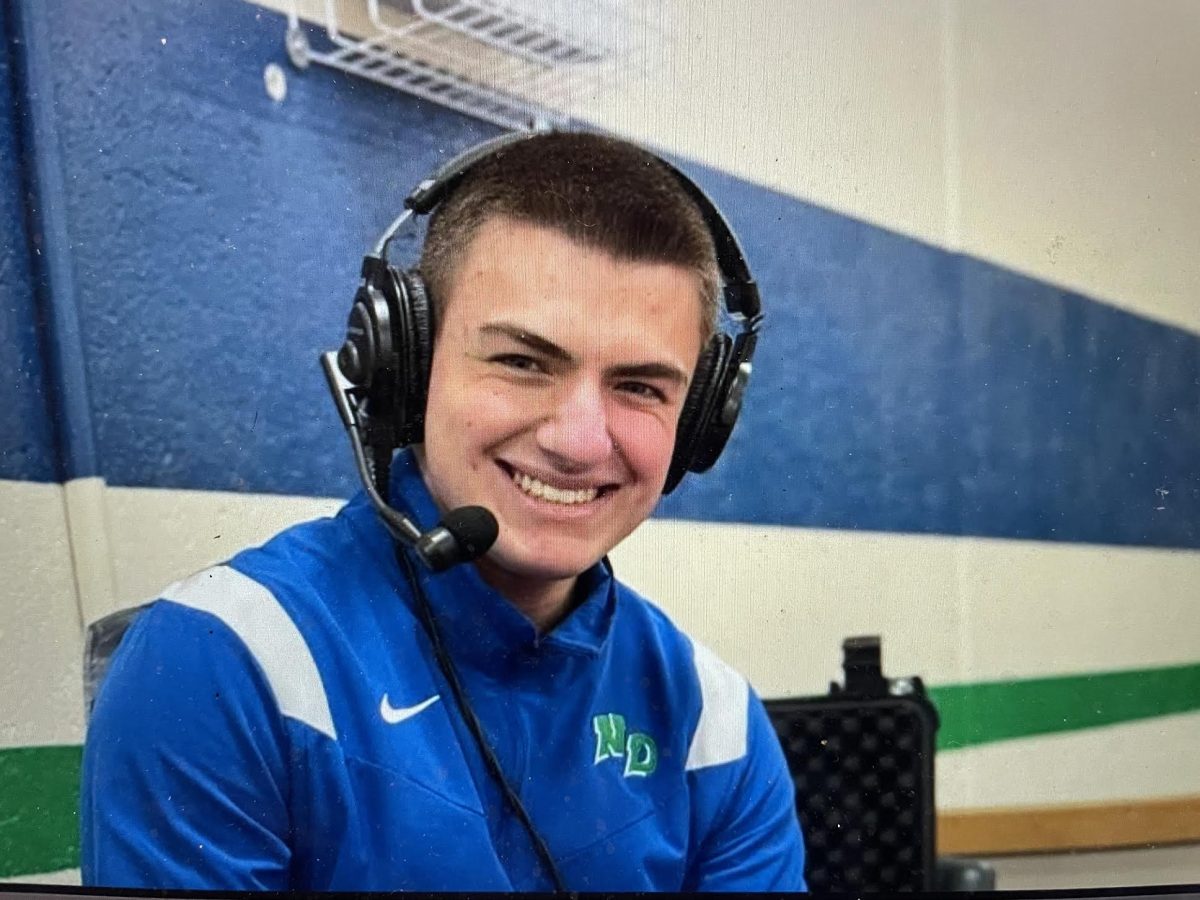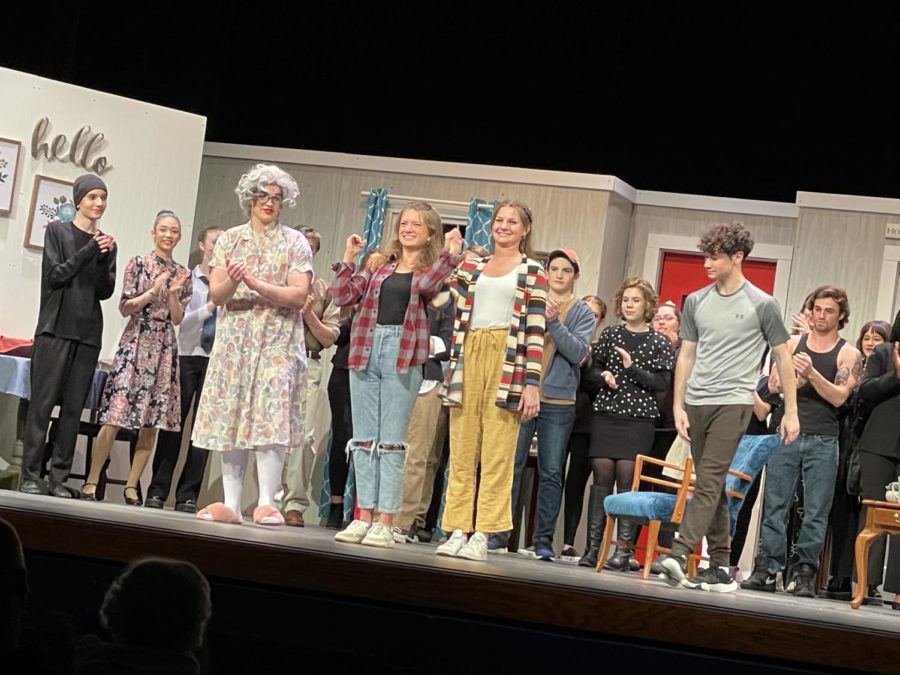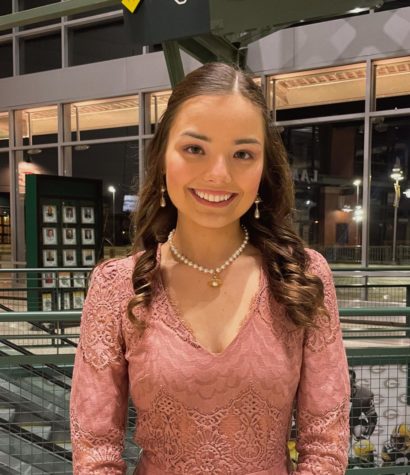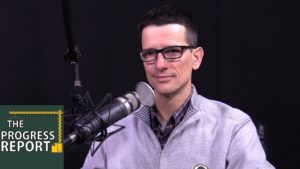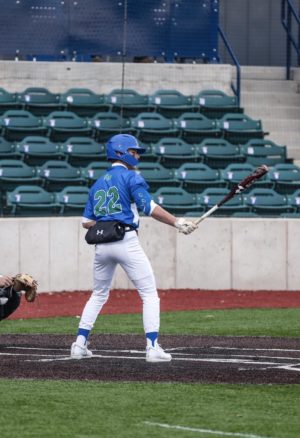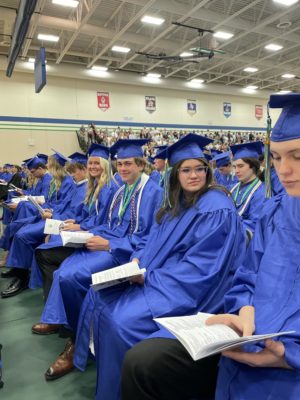A Director’s View: What Goes Into Directing the Spring Play
May 8, 2023
Mrs. Crystal Dory just finished directing her seventh spring play and doesn’t plan on stopping anytime soon.
Growing up, she always had a love for theater and enjoyed participating in her school plays during high school, but directing is something that she never saw herself doing during her teaching years at NDA. In the fall of 2016, she was offered the opportunity to start directing the spring play–and has never looked back.
“Directing wasn’t something I necessarily had in mind here at NDA, but I am glad I took a chance at it and have enjoyed it all!” said Dory.
The amount of time and commitment it takes to direct and pull off a play is highly underestimated, and even Dory didn’t realize how much work went into the production. Her insight as a student government advisor gave her a “behind the scenes” look into what it takes to pull off an event at NDA, but she described the spring play as an entirely “different animal.”
Dory has a process that she follows when directing and likes having a timeline to stay organized during the directing process.
“I definitely have a process and timeline that I follow each year that becomes more organized and seamless from year to year,” the Spanish teacher said. She also credits her support system, including students and faculty, for the help they give her during the directing process.
The cast starts rehearsing at the end of February or early March and has under two months to put the production together. They rehearse for two hours, four days a week, and also have longer rehearsals leading up to the show. She says that the day-to-day rehearsals, set builds, and longer rehearsals allow students to build a community with one another and form special, lasting bonds.
“It is a tight-knit group by thes end of the ten weeks together,” said Dory.
Every rehearsal is different and brings together a new aspect of the show. Before the set is built, the cast mainly works on memorizing lines and blocking on stage. Once the set is built, a whole new element is added to the practice. Now, the students can use the full space on stage and make their characters and script come to life. Dory says that this is one of the coolest parts and when it truly becomes “real” to everyone.
“Every rehearsal brings the opportunity for the director, cast, crew and tech team to bring in different ideas to create a really fun, entertaining show,” said Dory.
Dory will never be able to choose one favorite memory or experience from her time as director, as each show brings with it new people, experiences and love for the arts.
“Every show has moments that I will always be grateful and thankful to be a part of. I look back fondly on each show and each student that was a part of it,” said the director.



